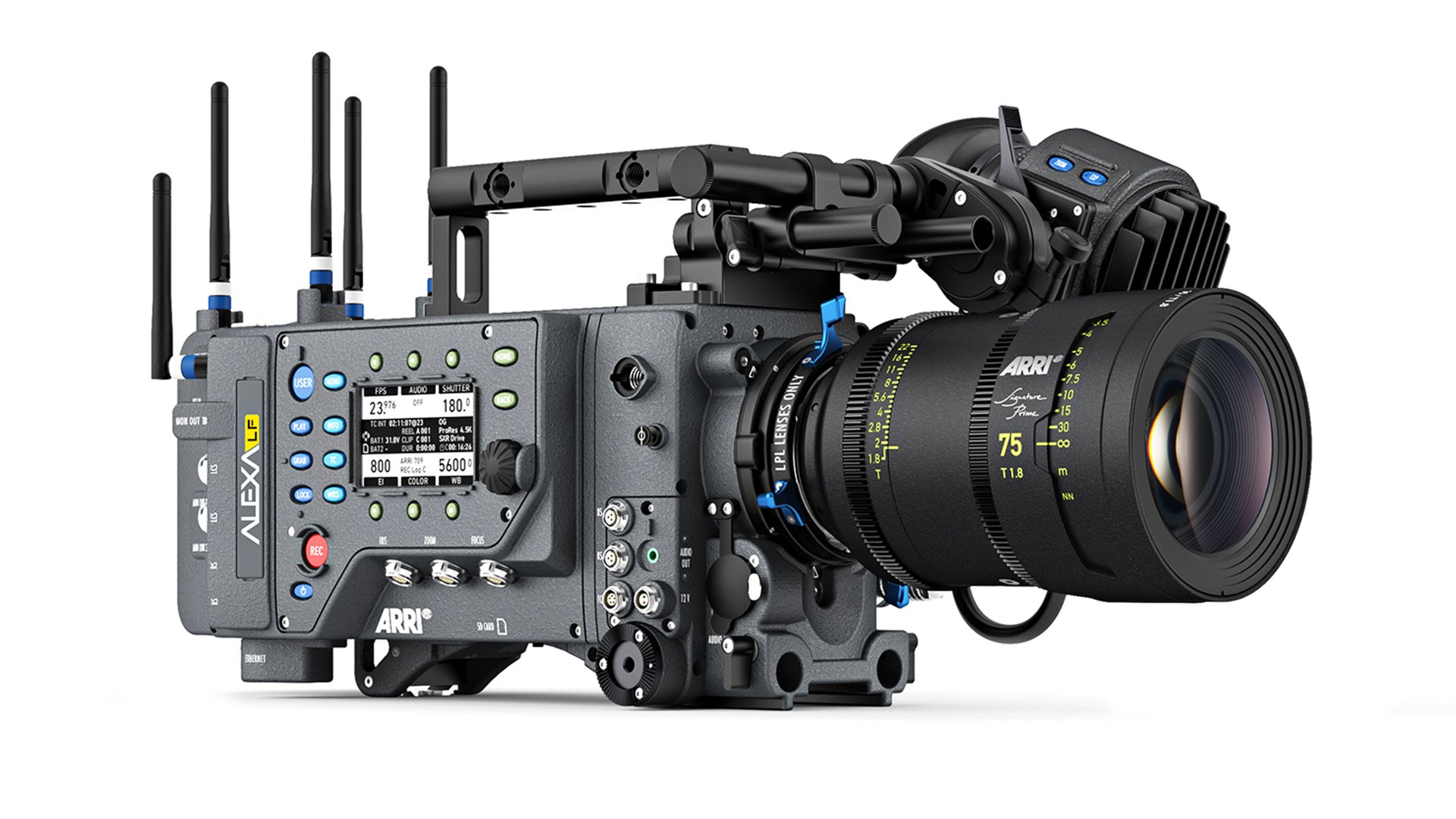4K ALEXAs are nothing new, but a S35 model most certainly is, and it's in the works right now.

The ARRI Alexa LF. A 4K S35 model is being worked on as we speak. Image: ARRI.

As low-key announcements go, it was barely the basso-profundo rumbling of a distant foghorn, but yes: after ten years of ALEXA, Arri has announced an upcoming 4K, super-35mm version of its seminal camera.
The word came fully thirty-five minutes into a presentation by the famous Marc Shipman-Mueller, long time product manager at ARRI, as he discussed the history of ARRI’s recent cameras. Ordinarily, questions about future releases bounce off companies in situations like this, but Shipman-Mueller answered straightforwardly: the company is working on a 4K Super-35mm camera, but, he said, intends to push forward with the project only if it can be made to perform as well as the existing cameras.
As to the actual announcement, that’s really all there is to say. It wouldn’t have been surprising to hear it any time in the last five years – in fact, it’s surprising that it took this long. It’s also absolutely no shock at all to hear the company pushing per-pixel quality given that its camera business has survived on the idea of exactly that for the last decade; it would be commercial suicide to compromise that for a pixel count.
There's already a 4K ALEXA
Of course, Arri already have 4K-capable ALEXAs, but the idea of doing it in Super 35 is new; Shipman-Mueller reinforced the company’s feeling that there will be “a place” for sensors that size. To many people, that will be an expression of the obvious; even if every major motion picture on the planet goes full frame tomorrow, there’s still a lot of material to be shot, especially in the sort of circumstances where Amira makes sense, where the practicality of a huge sensor is more than dubious.
Although perhaps a 4K ALEXA is not that new, at least mathematically. The active area of the ALEV sensor is a little wider than a true Super 35mm frame, which is cheating slightly, but it’s only around 20% less than 4000 pixels wide as it is. Has sensor tech improved sufficiently to allow for an absolute pixel density improvement of less than 30% since ALEV was designed, and without other compromises? Probably, although there are some other things we might like too, not least of which is not just 4K but a comfortable excess resolution, just like we get with the original Alexa when shooting HD images.
Beyond that, all ALEXAs are rolling-shutter cameras, although the mirror-shuttered ALEXA Studio avoids most of the attendant problems. The ALEXA rolling shutter is very fast, as these types of shutters go, although there are some rather prominent examples of it being revealed by fast light sources. 4K would be nice, but so would true global shutter, and both at once is a bigger ask. Long after ALEXA was launched, Blackmagic tried for a 4.6K design with optional global shutter and simply found the compromises too great, and that on a camera which has much more noticeable rolling shutter to begin with. Finally, it’d be great if a new ALEXA was more frugal on power.
So. Is it possible? Probably. Is there demand for it? A million times yes. And does it have the potential to seriously irritate recent LF Mini purchasers? Well, most people would say they did very different things, so probably not.
